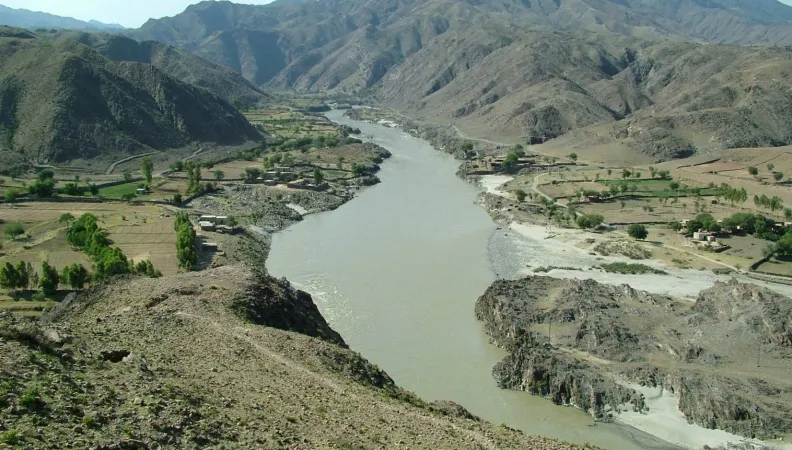Share the page
Mohmand-Munda Multi-Purpose Dam (First Phase)
Project


-
Project start date
-
Status
Ongoing
-
Project end date
-
-
Project duration
-
56 months
-
AFD financing amount
-
€ 11000000
-
Country and region
-
Location
-
Munda
-
Type of financing
-
Beneficiaries
-
Islamic Republic of Pakistan
Financing of the first phase of the Munda Multipurpose Dam project, including detailed pre-project studies and preparatory work.
Context
The Munda multi-purpose dam project will enable Pakistan to deal with three major challenges in this region:
Flood protection: According to a report by the Supreme Court of Pakistan, the floods in 2010 alone caused more than 1,600 deaths, displaced 9 million people and damaged infrastructure estimated at USD 10 billion.
Renewable energy production: Existing production capacities face serious constraints: the "circular debt" affecting the investment capacities of thermal energy operators; obsolete equipment and inadequate maintenance; priority given to irrigation rather than hydropower generation. Pakistan has a huge untapped potential for hydropower, but only 6,500 MW is tapped out of an estimated potential of 54,000 MW. The operating cost for this power source is much lower than that of thermal power. Load shedding has a considerable impact on Pakistan's economy and its people's living conditions. The Economic Mission in Pakistan estimated in January 2012 that the energy crisis was responsible for a loss of about 2% of GDP growth.
Rural development in crisis zones: Agriculture is essential for Pakistan's economy. It employs 45% of the population and provides primary commodities to the country's large agro-industry. The development of new irrigation zones in the project area, located in north-western Pakistan's tribal regions, could have a stabilizing and anchoring effect on the production system, thereby helping restore social peace and furthering the fight against "militancy".
Description
The first part of AFD's funding is mainly related to the project's preliminary phase, namely studies and preparatory work:
- The Detailed Preliminary Design (DPD) study, awarded by WAPDA to a consortium led by the Australian engineering firm, SMEC, with Japan's Nippon Koei and Pakistan's NESPAK and ACE
- Geotechnical, geological and hydrological studies related to the DPD study
- Preparatory work for the project: Access roads, erection of a bridge over the Swat River, construction site and investments required for site safety and studies
- A due diligence study on the impact of climate change on the Munda project, in terms of the project's sizing and robustness, with regard to the increased likelihood of floods and the revision of the 2000 project feasibility study
- The lenders' consulting engineer, who will have to independently endorse the results of the DPD study and environmental and social studies. He will also be in charge of the technical and financial monitoring of the preparatory work.
Impacts
- Against flooding: The project will be managed so as to maintain a minimum available volume of 300 million m3 in the reservoir during the monsoon period, thereby making it possible to absorb possible flooding and gradually release the waters downstream, thus playing a course regulating role for the Swat River.
- For hydropower: The dam will have an installed capacity of 740 MW, helping to solve the country's energy crisis. Any increase in hydroelectric production directly reduces load shedding, at a production cost per kWh lower than the sales tariff for electricity, thus reducing the sector's structural deficit. The increase in services would benefit local communities by improving their living conditions, but also the economy and the industrial sector. It will contribute to social peace in Pakistan.
- For rural development: It will irrigate an additional area of 6,110 hectares, which will promote economic development by improving the local inhabitants' income, helping restore civilian stability.


